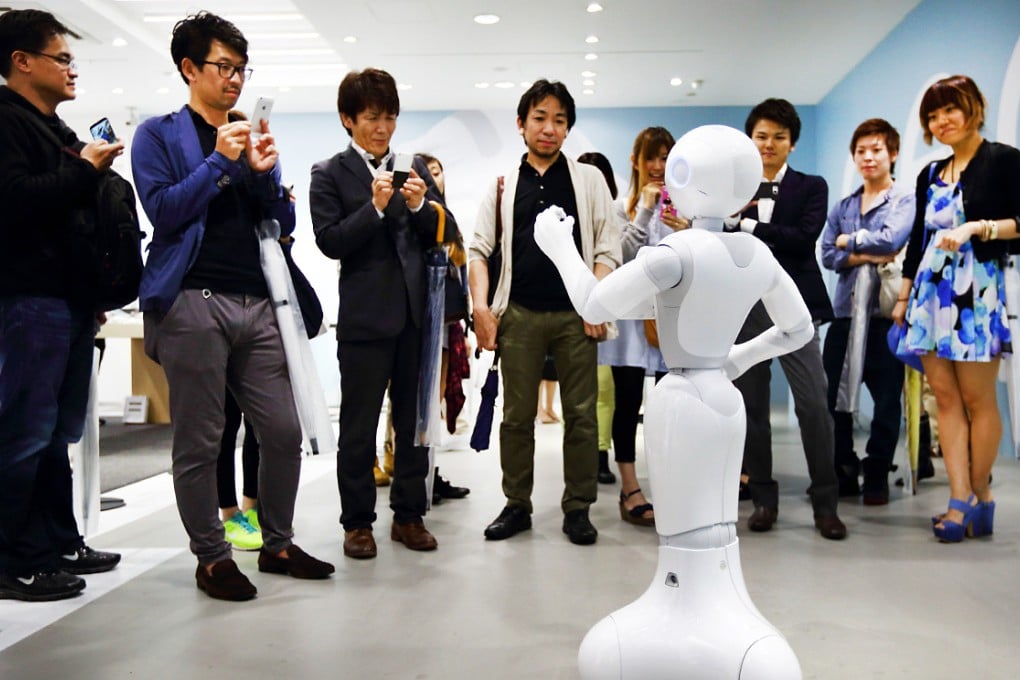Rise of the workplace robots makes humans increasingly redundant
Kevin Rafferty says estimates of devastating job losses in a range of sectors should make us sit up

A callow youth with the unprepossessing name of Eugene Goostman made a landmark achievement this month in the august surroundings of the Royal Society, the world's oldest scientific academy: he was able to convince the judges for a third of the time that he was a 13-year-old Ukrainian boy and not the chatbot he really is.
In so doing, he passed the famous Turing test, named after mathematician Alan Turing in his 1950 paper "Computing machinery and intelligence".
It is proving to be a landmark year for robots; perhaps less so for humans.
This month also, Japan's SoftBank Corporation produced what it claimed was the world's first humanoid robot that can communicate and read people's emotions. Pepper is about 120cm tall, weighs 28kg, and has censors to monitor what is going on around it to make what Masayoshi Son, SoftBank's chief executive, called "independent decisions".
Son showed how Pepper could read his emotions and realise that he was smiling. He claimed that, "100 years, 200 years or 300 years from now, people will probably recall today as a historic day in which computers changed".
Robots are potentially coming so quickly and across a broad range of jobs that large numbers of workers must fear that they may make them redundant. Economists have claimed that the recent jobless growth is a result of the intrusion of robots into human space. Only 10 years ago, scientists claimed that driving a car demanded too many complicated reactions to be susceptible to robot takeover. Yet today, Google claims that its driverless car is safer than any driven by humans.
By some estimates 140 million knowledge workers could lose their jobs to robots as technological progress advances from mechanising manual jobs to a wide range of cognitive tasks, which have hitherto remained a human domain.